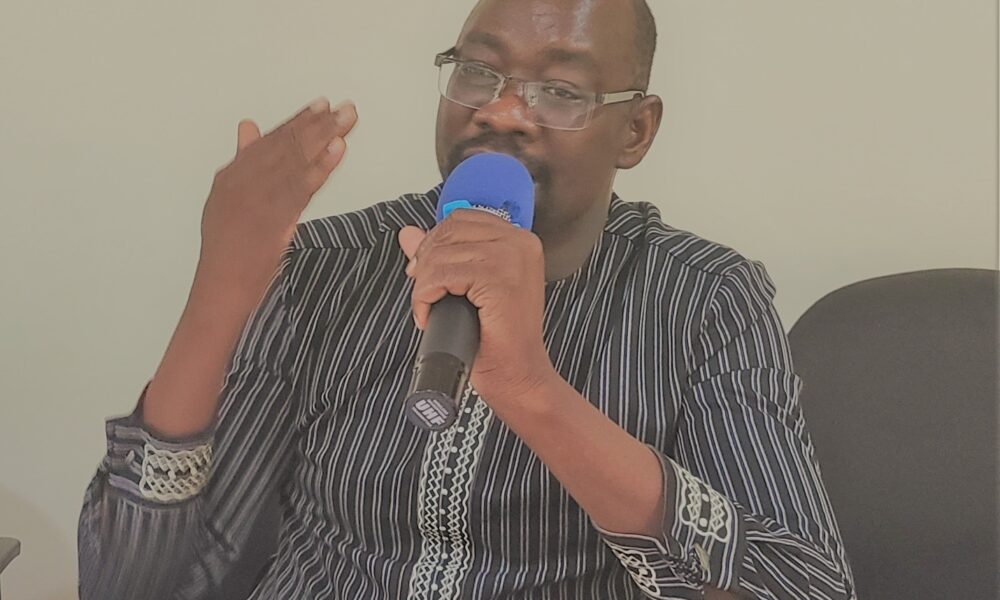By Bida Elly David
A legal expert and Deputy Registrar of Land at the Judiciary of South Sudan, Cosmas Juma, has expressed worries about the country’s land allocation system.
Speaking at a forum on land matters organized by the Initiative for Peace Communication Association (IPCA) in Juba, Juma highlighted the poor state of the justice system in the country.
During his presentation, Juma addressed the issues of rampant land grabbing and the flawed justice system.
He pointed out numerous cases of illegal land sales by grabbers without proper registration processes.
The lawyer emphasized that without registration, land cannot be sold, indicating that the justice system is likely inadequate in addressing these issues.
Juma discouraged the practice of illegal ownership of land plots before registration, as it contributes to land grabbing.
“We register land because we want to prove ownership; our land act is very clear that there is community land, public land, and private land that can also be renewed,” he cited.
In his presentation, Juma also referred to the constitution, which states that every South Sudanese is entitled to only one plot of land, and in cases of multiple plots, one must be purchased.
He stressed that it is illegal for the government or any group to unlawfully claim ownership of community land, as stated in the constitution.
“Let us go to the constitution, Article 169, which says all land in South Sudan is owned by the people of South Sudan and regulated by the government. Our constitution, under Article 170, says land is classified into public, private, and community,” he lamented.
He also emphasized the need for public awareness to clarify the roles and responsibilities of national and local governments in land allocation.
Regarding the land registry, Juma clarified that each state in South Sudan has its own courts responsible for land registration. He dispelled the misconception that the land registry in Juba covers the entire country, emphasizing that it is specific to Juba County.
Juma highlighted the absence of a survey or land planning act in South Sudan, revealing that surveyors currently rely on the Land Act of South Sudan and the Sudan Survey and Demarcation Act for their duties.
He recounted an incident in Gobur where he was part of a government committee investigating land grabbing and was confronted by soldiers. Juma questioned whether the blame lies with the land department or the citizens of South Sudan.
John Wani Gaudensio, the Director General of Land Administration and Town Planning in the Central Equatoria State Ministry of Housing, emphasized that land ownership is inherent to communities.
He condemned the forceful grabbing of people’s properties and urged citizens to follow the law to settle land disputes amicably.
“Ownership of land is natural; no one will go to South Africa and claim ownership of their land; where you live historically is your place before the issues of papers could come in,’’ he said.
“Naturally, the land belongs to communities; let us avoid this confusion; these communities long ago have been settling in their places,” he added.
He called for the streamlining of land institutions to effectively address ongoing land disputes.




